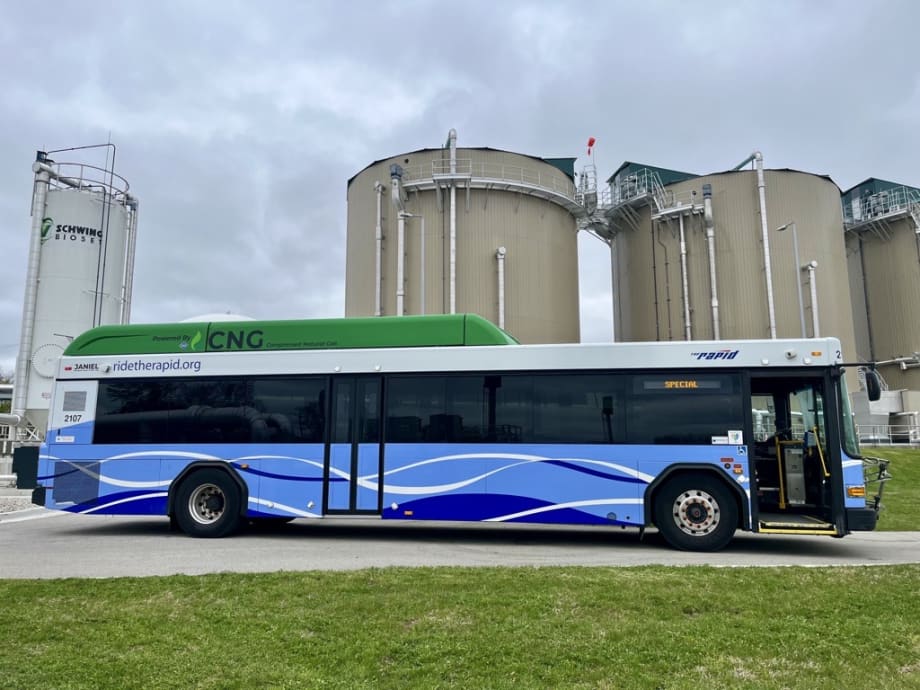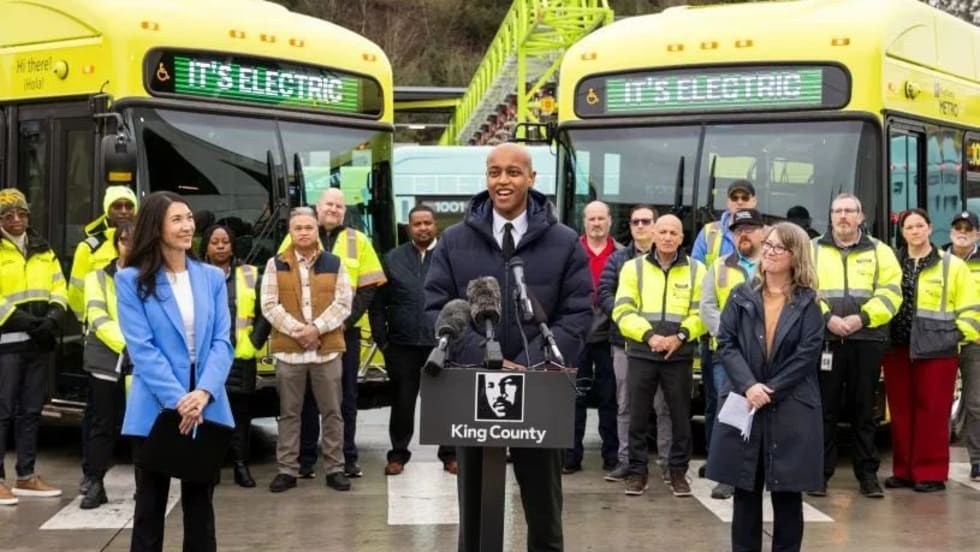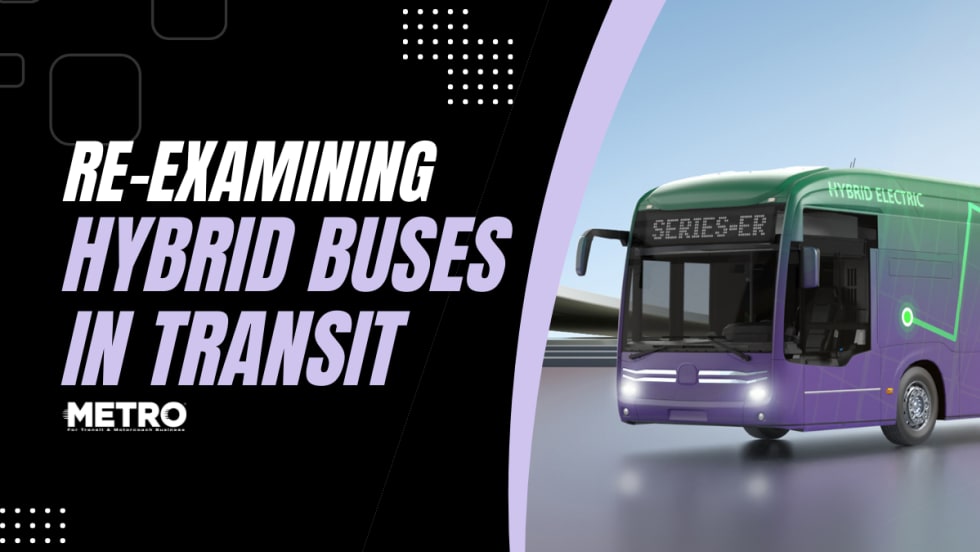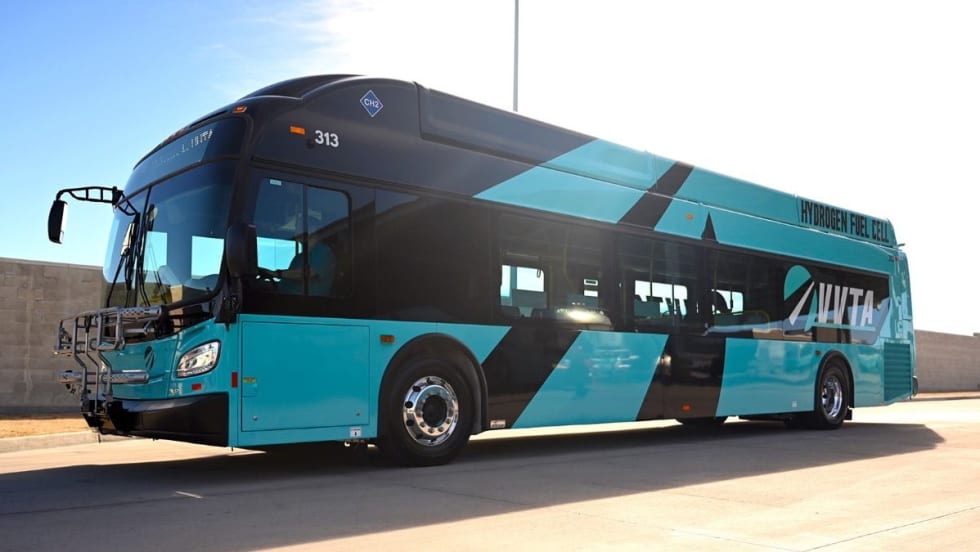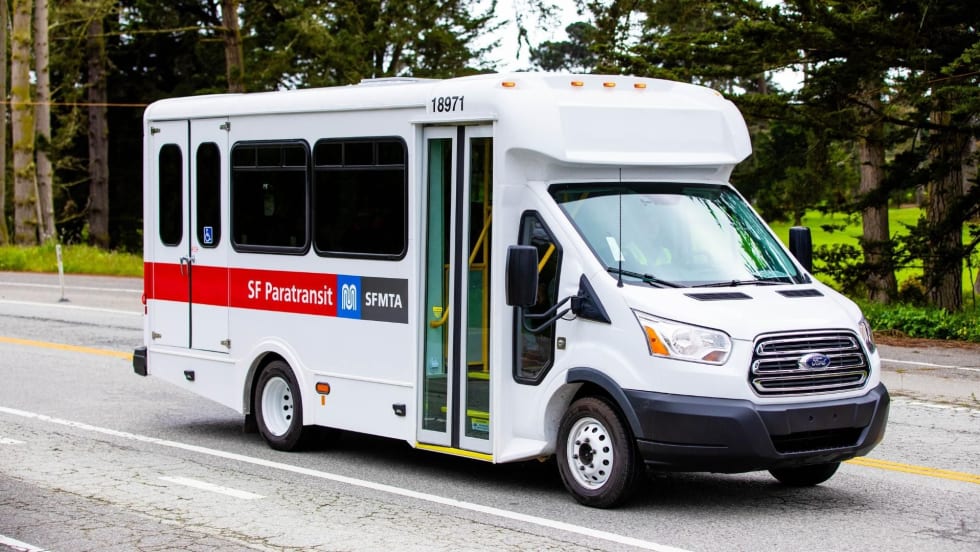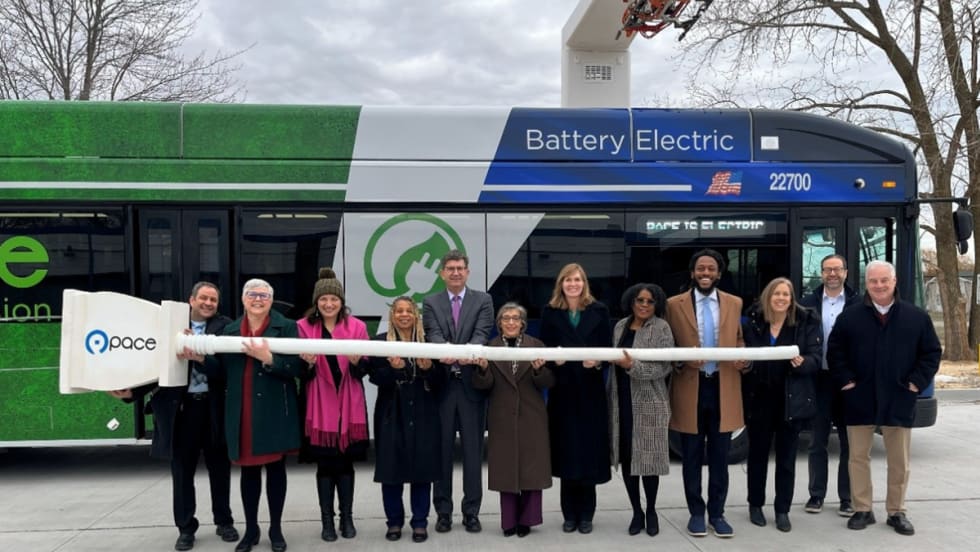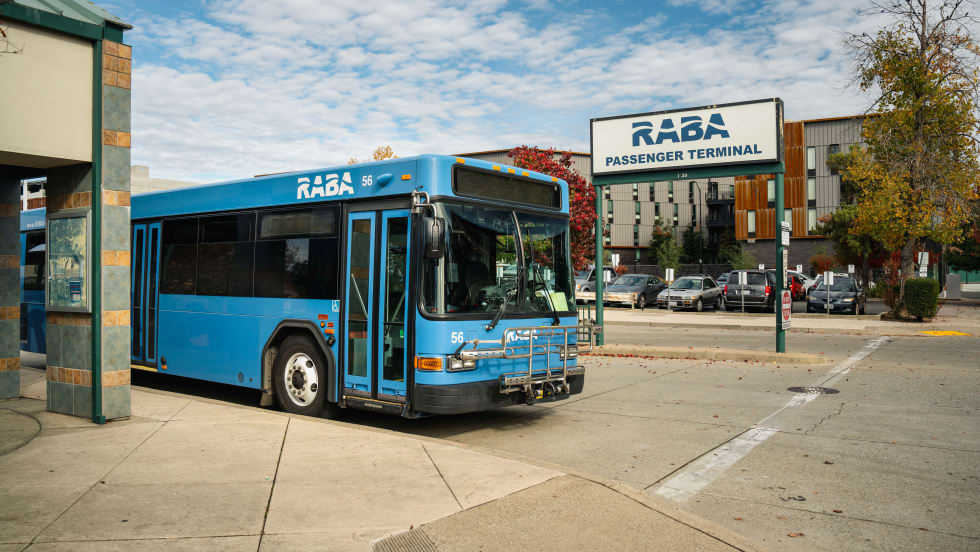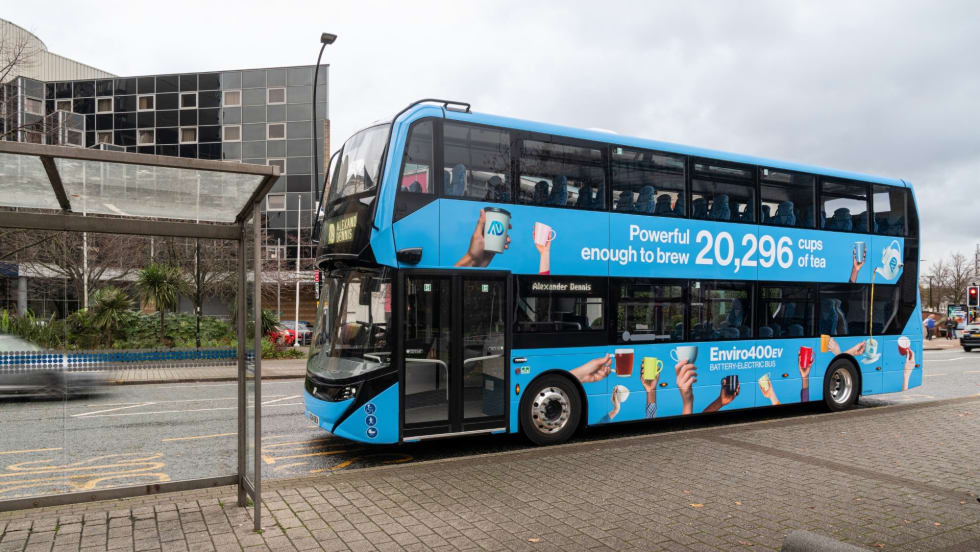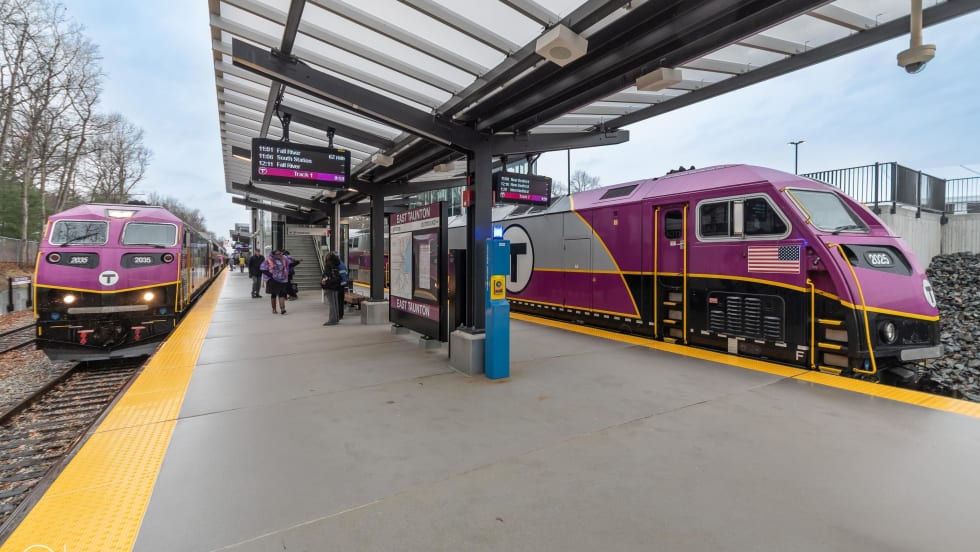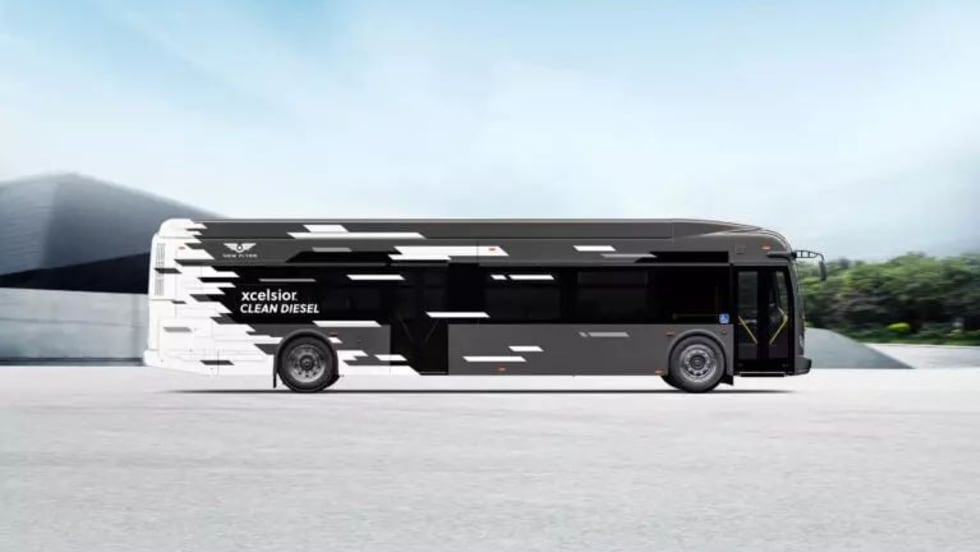The Rapid announced it has begun receiving EPA-certified renewable natural gas (RNG) from the City of Grand Rapids’ biodigester.
“The partnership speaks to innovative ways that local governments can work with regional partners and support their sustainability goals while also reinforcing the city’s commitment to building a safe and healthy community,” said James Hurt, Grand Rapids’ managing director of Public Services.
The Rapid's Journey to RNG
The Rapid has been working to transition its bus fleet away from diesel fuel to lower-emission options since 2017, and the new partnership will create a renewable natural gas supply for Rapid buses that is produced by converting concentrated waste to fuel, according to the agency's news release.
The renewable fuel source captures methane from the decomposition process, converting it into usable vehicle fuel and redirecting the waste away from local landfills.
“This partnership is a win-win-win for The Rapid, the City of Grand Rapids, and the region,” said Deb Prato, CEO of The Rapid. “We’re fueling a cleaner fleet and significantly reducing our carbon footprint. This innovative partnership represents the creativity and collaboration that is necessary to develop strategies across multiple sectors to create better outcomes for the climate and the community.”
The Rapid's Use of RNG
RNG fuel is considered carbon-negative, producing the lowest carbon intensity of any on-road vehicle fuel.
The Rapid will be able to utilize this fuel immediately in the fleet without the need for massive infrastructure changes or investments.
“We continue to explore a pathway to a zero-emissions fleet, but the advantage of RNG is that we can put it to work in our buses right now. We don’t need to wait to start improving our environment and community,” said Steve Schipper, COO of The Rapid.
The Rapid’s fleet currently consists of 133 buses, 102 of which will have the capacity to run fully on RNG.
Diesel buses will continue to be retired and replaced by RNG vehicles, in a continued effort to reach zero emissions by 2035.




